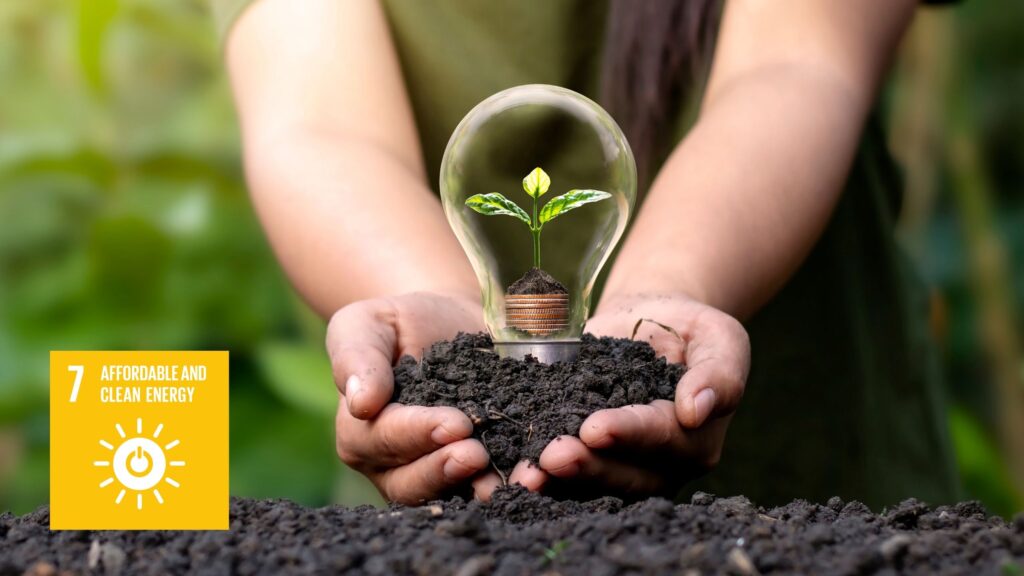Dear Mankind and most favoured of my children
You will recall my earliest blogs ( mother Earth blogs ) welcomed the Global initiative to develop the Sustainable Development Goals ( SDGs) to help create a safer and fairer world and I was happy that mankind had at last understood the need to live more sustainably and harmoniously with other living things on this, our only, home. Some good progress was starting to be being made in some areas but sadly most of this encouraging activity was brought to an abrupt halt or in some cases, even reversed by the COVID 19 Pandemic.
This blog on SDG 8- Decent Work and Economic Growth is the next in a series of updates to review the effects of the COVID 19 Pandemic on the aspirations and targets of each of the original 17 SDGS and to look ahead to the prospects in each sector.
The Pandemic has had an unprecedented economic and human toll on Human societies around the world and has disrupted economic activities Globally resulting in the greatest recession since the Great Depression of the 1930s. In 2020 8.8% of global working hours ( equivalent to 255 million full time jobs ) were lost. Informal employment, often the lowest paid and done by women and young people was particularly severely hit as they lacked adequate protections against lockdowns and illness. By 2020 the number of people unemployed went up by 33 million to reach 220 million with women and young persons being hardest hit with 8.7 % and 5.0% respectively losing their jobs
Tourism declined by 74% during the Pandemic causing devastation to tourism dependent communities and to all the hospitality services ( hotels, restaurants etc.) that depend on travellers. Many of these services are often low paid and tend to be done by women and young persons so these groups of society again bore the brunt of the resulting economic impact.
Before the pandemic, informal employment represented 60.2% of global employment ( 2 billion people worldwide ) but in the least developed countries it accounted for 88.7% of employment in 2019. It is estimated that ¾ of the informal economy workers ( 1.8 billion ) were significantly affected by the Pandemic and many of them were pushed into poverty.
Renewed efforts will be needed if targets are to be achieved in this sector.
Mother Earth
Sources : The Sustainable Development Goals Reports 2019 -2021 , United nations, New York


